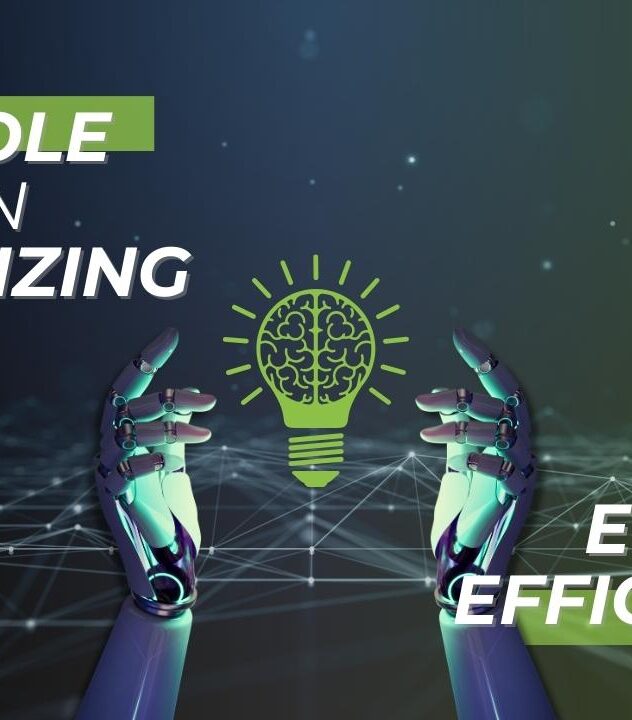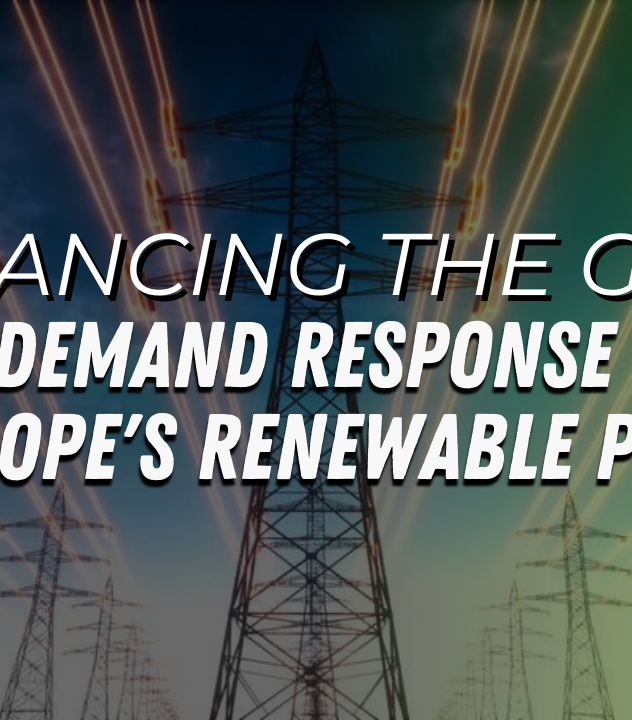
The Biomass Controversy
Welcome to our deep dive into the heart of a pivotal environmental debate: Is biomass energy the unsung hero of renewable resources, or does it present ecological challenges? Join us as we unravel the complexities of this crucial topic.
Renewable or Not? The Core Debate Unraveled
This question lies at the epicenter of an environmental conundrum. When biomass is used for energy, it releases carbon dioxide — yet this is offset by the carbon absorption during forest regrowth.
This delicate balance is the bedrock of the biomass carbon neutrality concept, a cornerstone in its classification as a renewable resource under key policies like the European Renewable Energy Directive (RED II). Since July 2021, this directive has shaped our understanding and regulation of biomass energy.
The Directive’s vision is clear: biomass electricity can help meet renewable targets, but only if it adheres to stringent sustainability benchmarks. This ensures responsible management of its lifecycle, from forest regeneration post-harvest to safeguarding soil integrity and biodiversity.
The ultimate aim? To harmonize forest biomass use with ethical, sustainable, and eco-conscious energy generation.
The European Commission’s stance is unequivocal: biomass’s emission-reduction efficacy hinges on sustainable production methods.
The Diversity of Biomass
Biomass, a chameleon in the energy sector, assumes various guises, each with distinct merits and challenges. Forest biomass, derived from wood, is particularly notable. It offers a renewable promise, as harvested trees can regrow, continuing their vital role in carbon sequestration.
Furthermore, encompasses a spectrum of organic materials, both animal and plant-based. Woody biomass, a subset, includes residues and by-products from wood processing and forestry management. This category encompasses damaged trees, low-value timber, insect-infested or diseased branches, and small-diameter wood material.
Innovating Towards a Greener Tomorrow
Unlocking biomass’s true potential requires rigorous environmental impact assessments. Its claim to carbon neutrality is multifaceted, influenced by factors like its type, technological applications, and regional organic material management strategies where its harvesting occurs.
Biomass: A Keystone in the Decarbonization Crusade
Stands as a versatile energy player in a shifting energy landscape. Yet, its true impact is tethered to sustainable practices. As we strive towards a more carbon-neutral future, its role and influence continue to be a dynamic and essential subject of debate.
SCIVEN, along with Centro da Biomassa para a Energia is at the forefront of this sustainable quest. Our partnership embodies our dedication to clean, quality fuel sources that not only preserve forests but also mitigate risks associated with forest debris management.
Join the Conversation
Discover more how we can transform biomass usage, ensuring excellence, and promoting responsible forest stewardship. Let’s keep envisioning today’s energy future together!






Leave a Reply